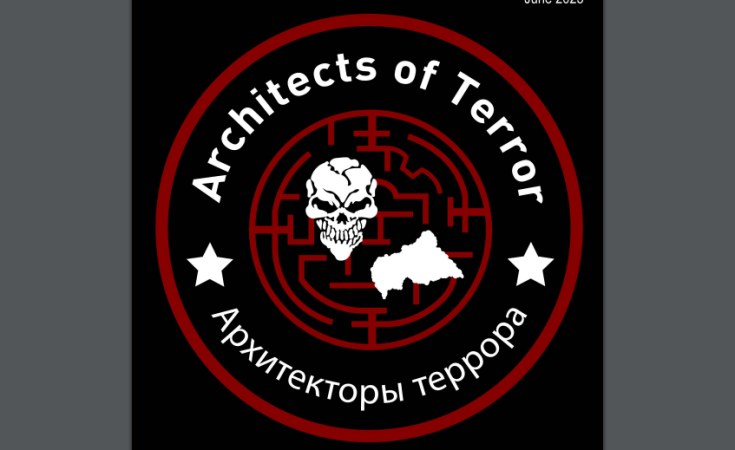The infiltration of the Wagner Group in Africa poses serious threat to the continent's fragile democracies
The crisis between the Russian authority and the Wagner Mercenary Group (WMG) may have been 'resolved', but African leaders should be concerned, especially with reports suggesting most of their troops in Ukraine may relocate to the continent. Already, the mercenary group has thousands of fighters in Mali, Libya, Sudan, Central African Republic (CAR) and other countries within the continent where they have for years been spreading their tentacles with the active connivance of the Russian government. In CAR, for instance, Wagner influence is such that presidential bodyguards are drawn from its men. In return, companies associated with Wagner are involved in lucrative deals in minerals, timber, etc. In Sudan and Mali, Russian companies associated with Wagner are also said to be involved in gold mining.
Despite the aborted mutiny by Wagner mercenary fighters, President Putin's Foreign Minister Sergei Lavrov insists that nothing will change concerning their operation in Africa. "In addition to relations with this PMC (Wagner), the governments of Central African Republic (CAR) and Mali have official contacts with our leadership," Lavrov said last week. "At their request, several hundred soldiers are working in CAR as instructors. This work will continue." Last Friday, the United Nations Security Council voted for the full withdrawal of the decade-old Multidimensional Integrated Stabilisation Mission in Mali (MINUSMA) at the instance of the country's military government which has placed its trust in Wagner mercenary fighters apparently so that it would not be held accountable.
Founded in May 2014 by a Kremlin caterer, Yevgeny Prigozhin, essentially to support Russian troops fighting in Ukraine's Donbas region, Wagner started making inroads into the continent when the Kremlin signed several deals that paved the way for their operations in CAR. In the process, a Russian national, Valery Zakharov, was also appointed security adviser to President Faustin-Archange Touadera. Meanwhile, pressure of jihadist violence from the Sahel have also created widespread political instability across West Africa leading to the military overthrow of civilian governments in Guinea, Mali, Chad, Sudan, and Burkina Faso. In addition, the progressive withdrawal of French troops as a stabilising force exposed their former colonies on the West African coast to the ambition of politicised soldiers. And as the French interest and influence diminished, there has been an increase in official Moscow interest in the region.
Essentially due to the activities of the Wagner Group, increasing Russian presence and interest signals a significant shift of Western sphere of influence from West Africa where France had been the major holding power. In what looks like a subtle recolonisation of the affected territories, the Russian government through the Wagner Group pays itself through mining contracts and concessions with unlimited access to mineral deposits. It was therefore little wonder that some of the crowds that trooped out in Ouagadougou to welcome last October's coup in Burkina Faso carried Russian flags and placards denouncing France.
In April this year, there was a report in the American 'Washington Post' about the leaked American intelligence documents describing an effort by Russia's paramilitary Wagner Group to recruit rebels as part of an "evolving plot to topple the Chadian government". According to the report, the documents detail a discussion in February this year between Wagner's leader, Yevgeniy Prigozhin, and his associates about the timeline and facility for training an initial group of rebels in Avakaba (a city in CAR), close to the Chadian border, and the route that Wagner would use to transport them.
The critical danger posed by the infiltration of the Wagner Group in Africa is the threat it poses to fragile democracies on the continent. Their fighters are mostly in these countries at the invitation of military autocrats and anti-democratic forces. But there is a larger issue. Now that there is a crisis between Wagner leadership and the Russian authority, there are both immediate and long-term challenges. If these troops are not paid and left to their own devices, they could become more disruptive in countries that are already unstable. It is therefore in the interest of the Economic Community of West African States (ECOWAS) and the African Union (AU) to pay particular attention to developments in Moscow concerning the mercenary group.


